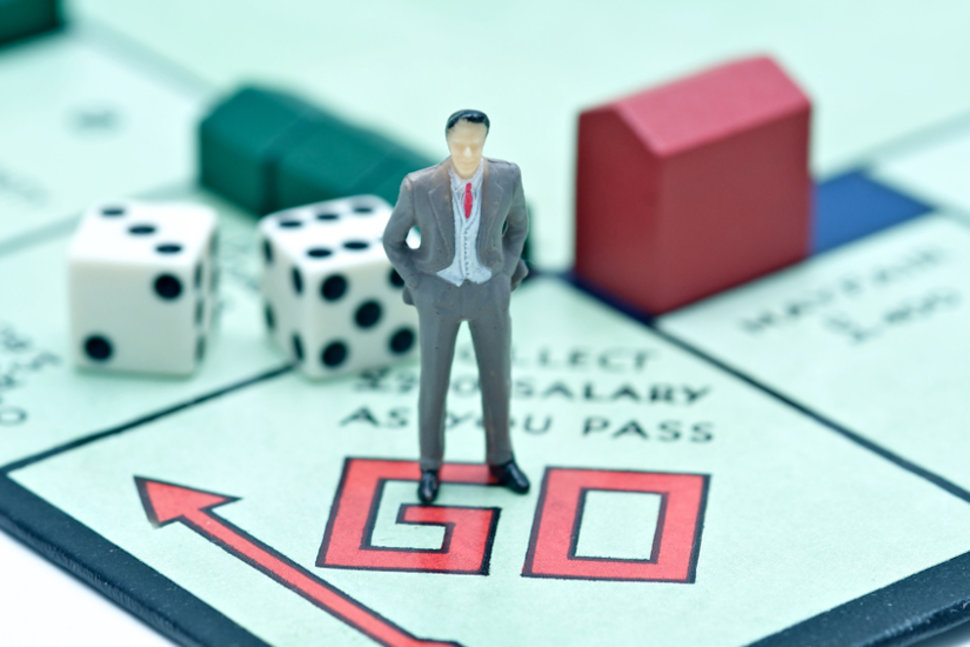In the past, I’ve written an all-encompassing piece on my idea of treating business as a game. Now, in step-by-step increments, I’m going to break down the process and put on display how you and anyone else can reap the same rewards that I have in my business life. And these rewards aren’t necessarily limited to your success within a business or the successes that your business may experience, tackling business as if it were a game extends far beyond just increases in sales numbers or revenue–it allows for you to enjoy what you’re doing and brings fun into the business world.
The business as a game mindset has been laid out before, but now we’ll dive into the strategy aspect of it–perhaps the most important part of approaching business as a game.
The strategic mindset encompasses two distinctly separate portions of treating business as a game. First and foremost comes the approach.
Playing with the end in mind–focusing on the end-goals ahead of your immediate next move is a hugely important factor of business as a game. But the strategic “board game” mindset should be on your mind from the beginning of any and all business dealings.
Proper strategizing starts before the game–it involves doing your research and preparing yourself for what lies ahead. Just as you’ll enter a game of tennis or just as any Major League Baseball team enters each game, you have to know your opponent. Know their strengths, know their weaknesses, and know how to play to them. Approach the meeting the same way as you’d approach any other game–with a strategy in mind, how you’ll tackle the strategy and, finally, how you’ll adapt.
Adaptation is the reactive portion of strategizing in both business and games. l strategy, whether you’re talking about a board game or a business negotiation, is both proactive and reactive. Adaptation is key to strategy, and while it may not come in advance and therefore wouldn’t be a facet of preparation, being able to roll with the punches and react to what your opponent presents you with.
If you need to adapt and change your strategy on the fly, it doesn’t mean you’ve done anything wrong. However it may mean you didn’t necessarily adequately plan ahead. In chess, it’s important not only to consider your own moves, but to consider the moves of your opponent, that is, how they will react to what you do. Your job is to stay one step ahead both in games, and in business.

